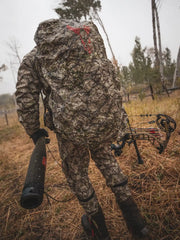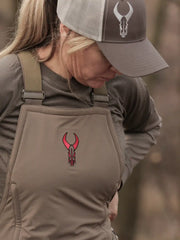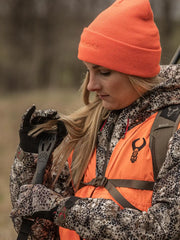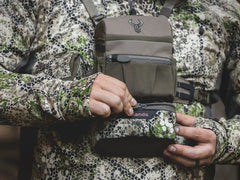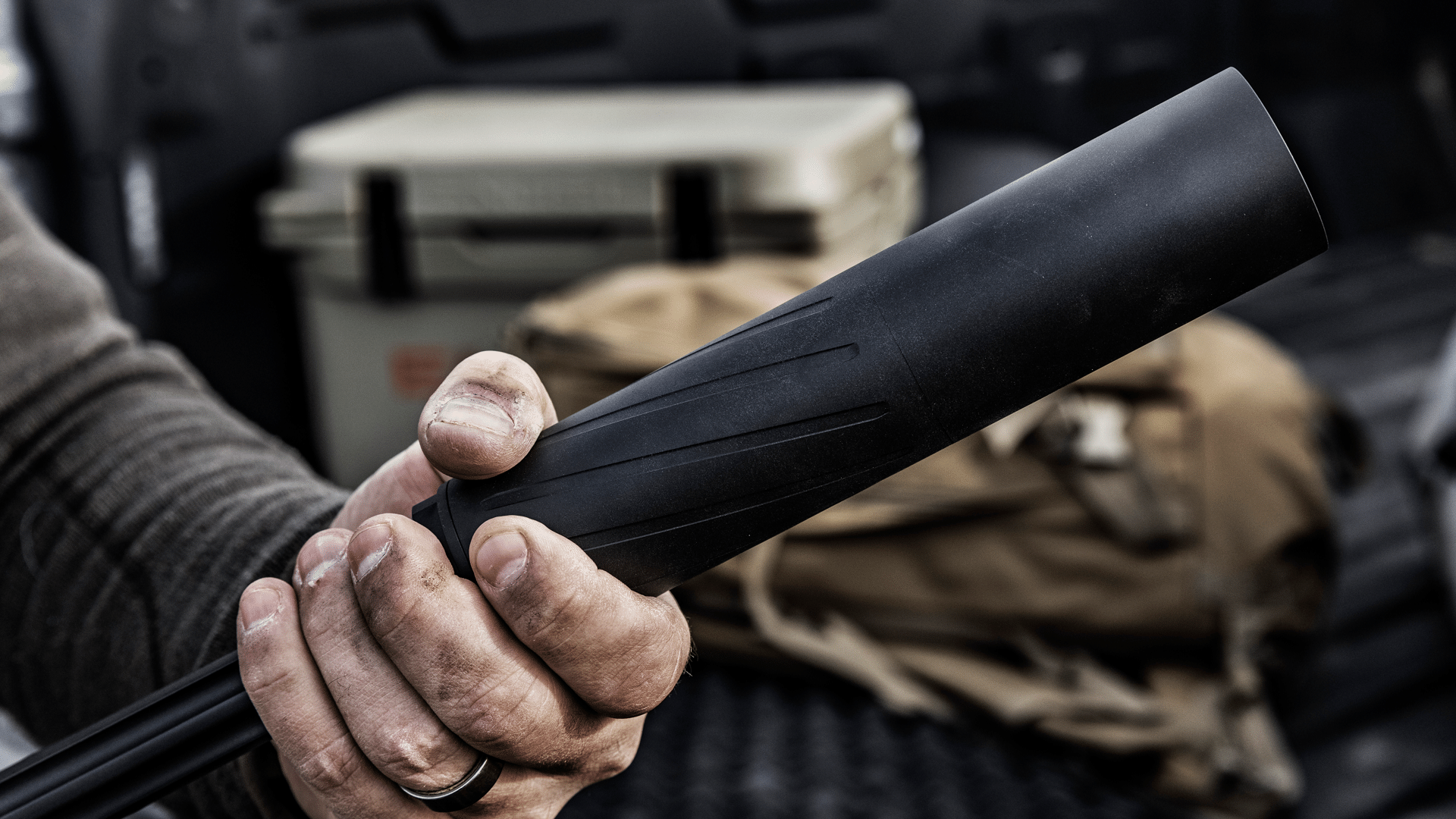As the dapper Brit in the tuxedo draws his small-caliber pistol from his tailored jacket, a subtle “thwip” is heard and the bad guy goes flying, in the words of Ian Fleming, “Like a brick through a plate-glass window.”
How, you may ask, was that so silent? Like all the best secret agents, our martini-swilling superstar used a suppressor.
Wait, you may be thinking, isn’t this a hunting blog? What does Badlands have to do with a super silent pistol? Read on, dear friend, read on.
If you have been to any of the sports shows, read any of the hunting publications or been on this thing called “the Internet,” you’ve seen the growing movement of hunters using suppressors on their hunting rifles. Turns out, they aren’t just for Hollywood spies or door-kicking Spec-Ops guys anymore. They are real assets in the field, both for the hunt and for the hearing.
Let’s break it down with some help from our friends at Silencer Central.
We asked why someone should consider a silencer (yes, that’s a legit term and what Hiram Maxim called it when he patented the first one. Guess what the ATF still calls them?) for hunting, and here’s what they said.
- The most obvious reason is to protect your hearing. Silencers are far from silent, despite what the sound engineer on John Wick will have you believe. Even a suppressed .308 carries a good whoomp and the bullet will still have a supersonic crack. But, loud is one thing, LOUD is another. The suppressor will cut the sound output to a level that’s far less likely to hurt your ears. And since few of us wear earmuffs or plugs in the field, this is a good thing.
- As much as it protects your ears, it also protects the ears of your hunting buddies, your horse and your best buddy the dog. If you’ve ever been caught off-guard when your hunting companion lights off his 7.85 hella mag with the earth-stomper muzzle brake, you’ll quickly appreciate the suppressed rifle.
- Livestock, horses and others in the area won’t complain about the noise if there is none. This one hits us right in the feels, as our pa-in-law keeps us out of some prime deer terrain because he doesn’t want the gunshots to rile up his thoroughbreds stabled nearby. With a can, we can safely hunt the property without disturbing Johnny Dangerously’s Maple Flavored Harmonica from his nightly bag of feed.
So, now that we have the why covered, let’s talk about some of the how. If you’ve never bought a silencer, you may have heard the process is super hard or intimidating. Truth told, aside from needing a good dose of patience, it’s pretty painless.
- Find an NFA (National Firearms Act) dealer. These specialized firearms dealers can sell silencers, short-barrel rifles, short-barrel shotguns, and machine guns. But most focus on suppressors.
- Pick out your can and put your money on the counter. Congrats, you just bought a silencer. Now this is where the patience comes into play. See, just because you bought it, doesn’t mean you can take it home just yet.
- Next, you fill out your paperwork, get your fingerprints done, get some photos taken, and notify your local chief of police or sheriff you’ve made the purchase.
- OR… You can create a firearm trust, which will be the legal “owner” of the suppressor. We’ll get into that in a minute.
- Cut a check to the ATF for $200, send it in and wait. And wait. And wait. Although the new e-forms system is promising a faster turnaround, the current system usually has a 9-month to 1-year wait before you get your tax stamp in the mail, allowing you to take your cans home.
We promised to get back to the trust, so here’s the quick version. By forming a trust, you can have multiple trustees, like your spouse, kids, parents, siblings, etc. As a trustee, they can possess and use the suppressor without you, whereas with a private transfer (non-trust) you and you alone can possess the item. You can also name beneficiaries, so when the time comes that you are hunting the big woods in the sky, your spouse, kids, brother, favorite blog author, etc., can take ownership of your suppressor without paying an additional $200 tax or waiting.
There is so much we can talk about with suppressors and hunting, but instead of reinventing the wheel, we suggest you check out this post from Silencer Central.
Where do we stand on hunting with silencers? Well, it’s legal in 40 states, so as always, we advise starting with your state’s game regs. After that, it’s really up to you to decide.
And last time we checked, personal choice was one of the many things that makes America a fantastic country. (Bald eagle screeches in the background.) So do your research, and if you think a silencer is a tool you need, get the process started now so you can (hopefully) have it in your Approach-clad hands come fall. Good luck!


